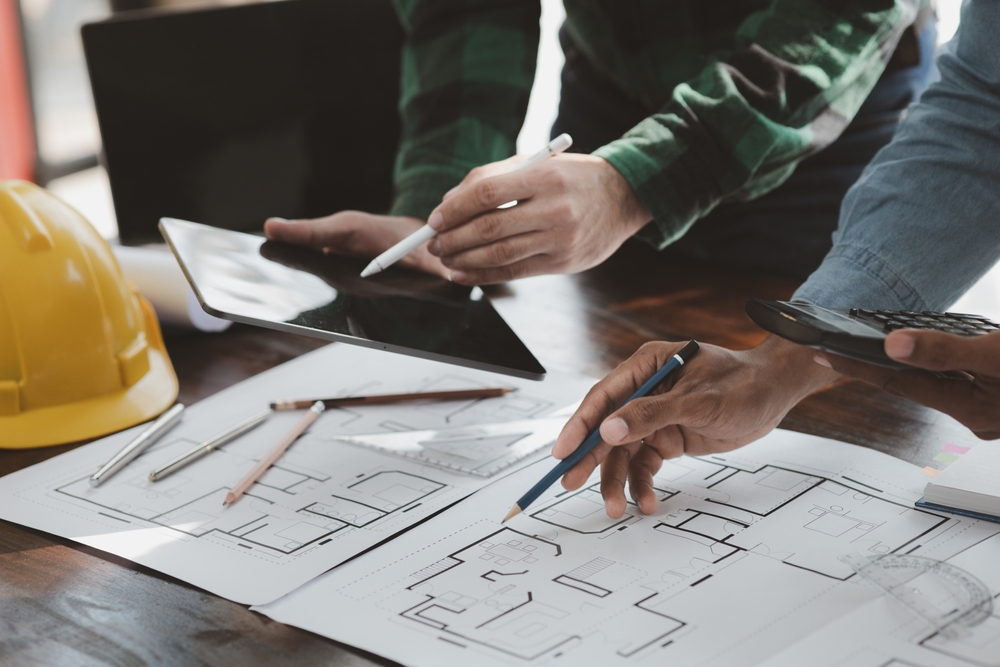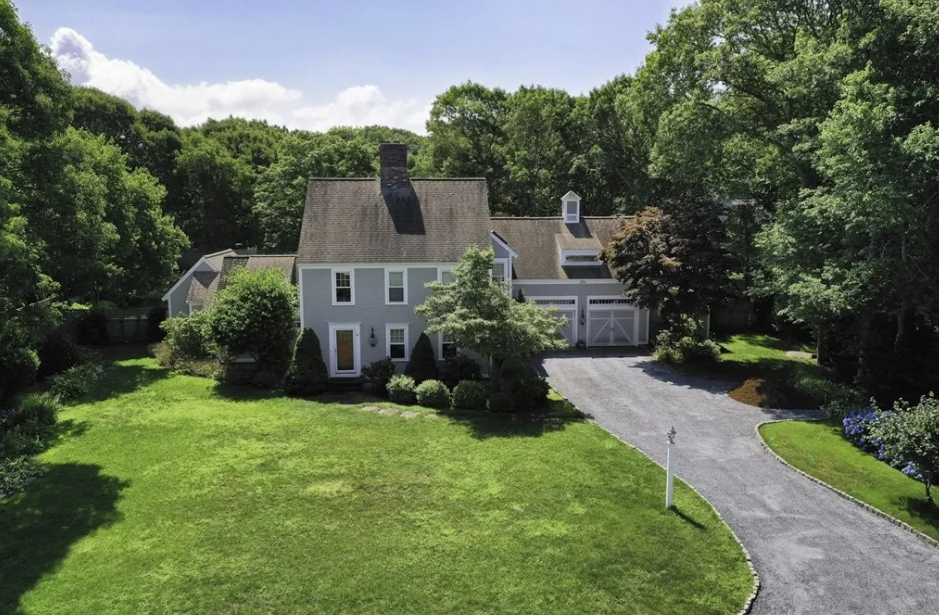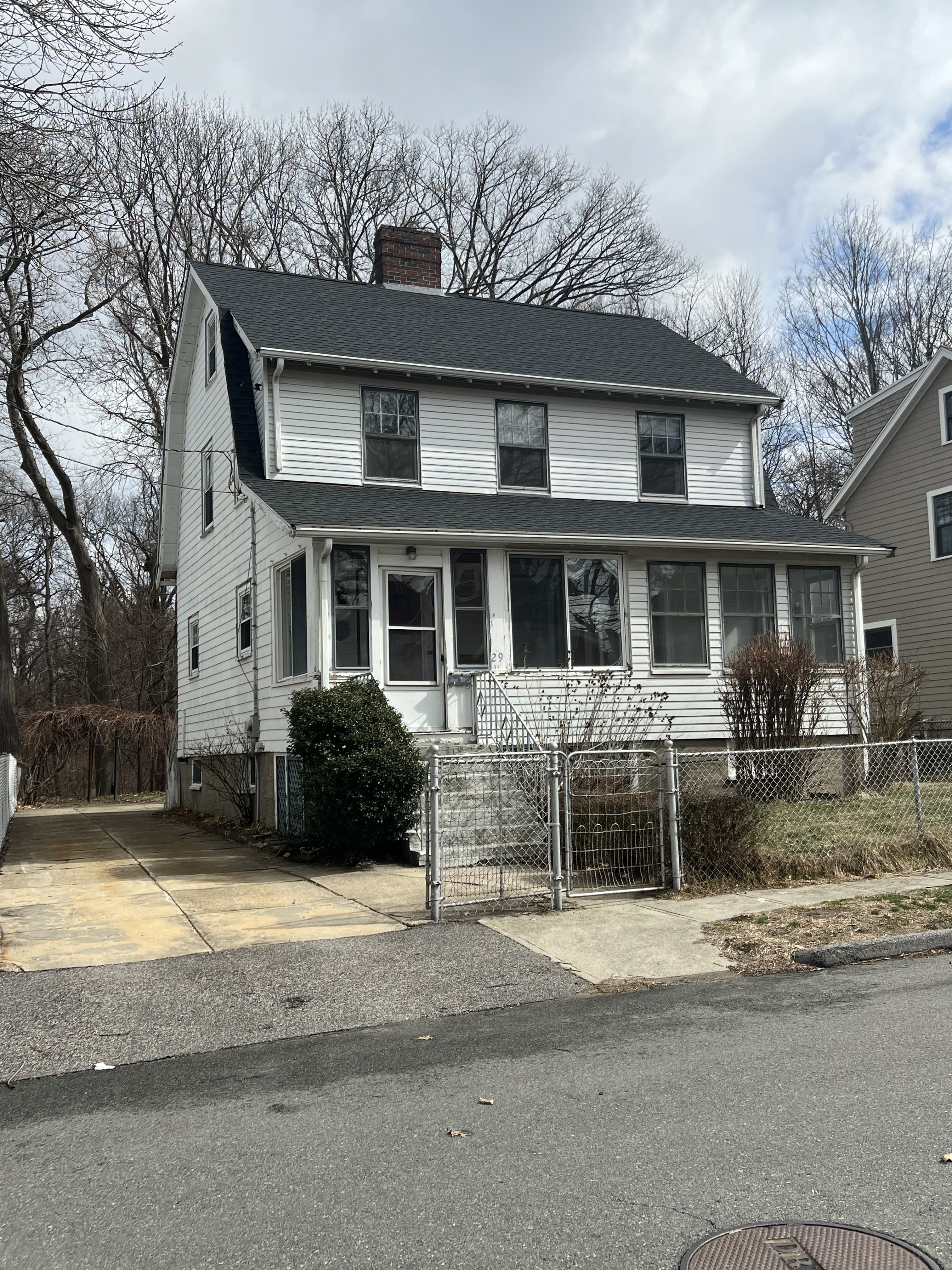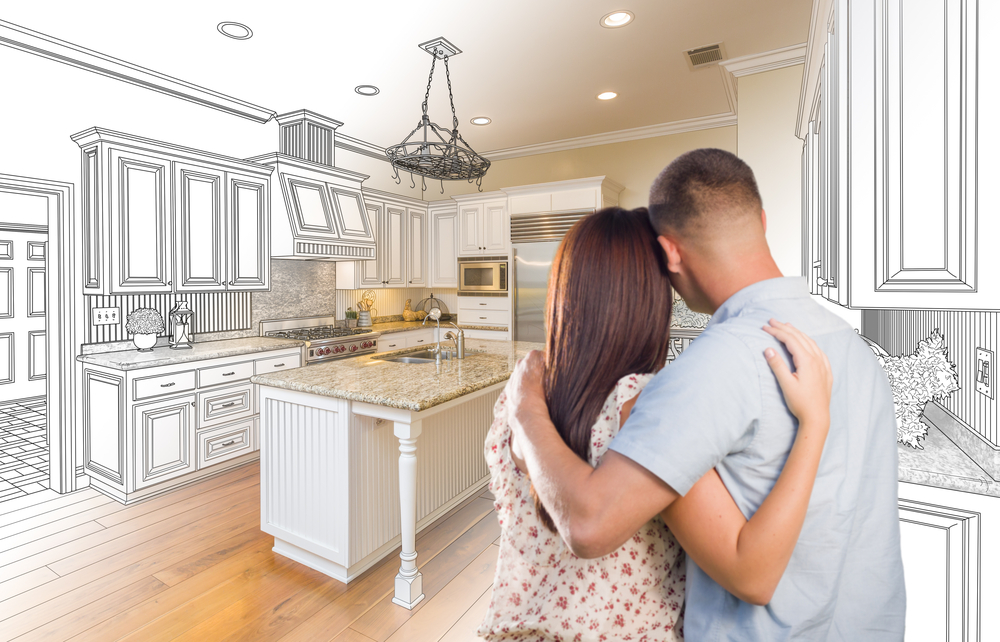How to Create a Home Construction Budget
It is an exciting adventure to start a house-building project. Creating a detailed budget is an essential first step in any home improvement project, whether starting from scratch or remodeling an existing house. A well-planned budget can keep your project on track financially and reduce the likelihood that unforeseen costs may disrupt your goals. Here, we’ll go over what you need to know to make a solid budget for building your house.
Define Your Project Scope:
The scope of your project must be defined precisely before you can even begin to think about creating a budget. Do you want to construct a brand-new house, renovate an old one, or add an annex? Provide an overview of your goals, features that are important to you, and any specific needs. With this information in hand, precise cost estimates will be much easier.
Research and Compile Data:
When it comes to financial planning, knowledge is power. Find out what building supplies, labor, and permits cost in your region. Talk to experts like architects and contractors to learn more about the project’s components and their price. Gathering this information in advance can help you make better selections when creating your budget.
Expenses Broken Down:
Separate your project into its constituent parts and make an itemized list of all the costs associated with each. Site preparation, materials, labor, permits, utilities, and contingencies are common cost factors, as is land purchase (if applicable). Be sure to itemize everything to keep track of all the possible expenses down the road.
Establish a Contingency Fund:
Make Sure You Have Money Set Aside in Case Anything Unanticipated Comes Up During Construction, No Matter How Well You Plan. In case of design revisions, structural problems, or interruptions in the supply chain, you should set aside a sum equal to 10–20% of your overall budget as a contingency. With this safety net, you can weather unexpected challenges without letting the project go off course.
Budget Wisely:
Only some parts of a project are essential. Prioritize your needs and distribute your funds appropriately. Invest in energy-efficient technologies, long-lasting materials, and architectural details crucial to your goals and quality of life. If you set priorities for your spending, you can maximize your budget and get the most out of your money.
Gather Various Estimates:
It is wise to look around when acquiring supplies and selecting contractors. It is advisable to get various estimates from suppliers and subcontractors to evaluate pricing and negotiate advantageous conditions. When hiring, remember that price isn’t everything; instead, focus on dependability, reputation, and quality.
Keep a Close Eye on Spending:
Once construction starts, make sure you closely monitor your budget. Remember to meticulously document your spending so you can compare it to the allocated funds. You should also regularly review your financials to find out where expenses are going over budget or where there are anomalies. By being proactive, you may quickly resolve difficulties and make necessary modifications while staying under budget.
Consider the Expenses Over Time:
While it’s essential to consider the costs of building upfront, you can’t ignore the costs of owning in the long run. When planning your finances, remember to account for insurance, property taxes, utilities, and upkeep. Though they may cost more upfront, homeowners who invest in energy-efficient features and long-lasting materials often save a ton of money in the long run.
Plan for Post-Construction Expenses:
Save up for what could come after construction: Even after construction, there could be other costs to consider. Make sure you allocate funds for landscaping, interior furnishings, appliances, and other things to help bring your idea to reality. By planning for these post-construction expenses, you can avoid financial hardship when the project is complete.
Analyze and Make Any Necessary Changes:
Building a house is an ongoing process, and as time goes on, a lot may happen. Stay on top of your budget by reviewing it often and adjusting as needed to account for changing objectives, market circumstances, and unforeseen events. Adaptability is essential to successfully navigate the intricacies of construction and achieve a satisfactory conclusion.
Creating a realistic budget for building a house requires time, effort, and study. By diligently following these stages and maintaining your composure, you can make a practical budget that supports your objectives and lays the groundwork for a trouble-free and fruitful building process. After a solid financial foundation, you may confidently realize your dream of owning the ideal property.





